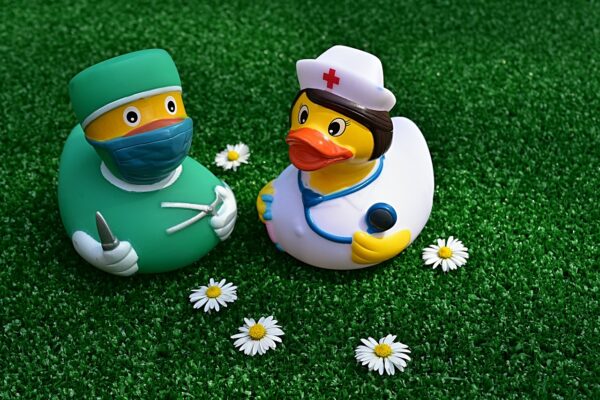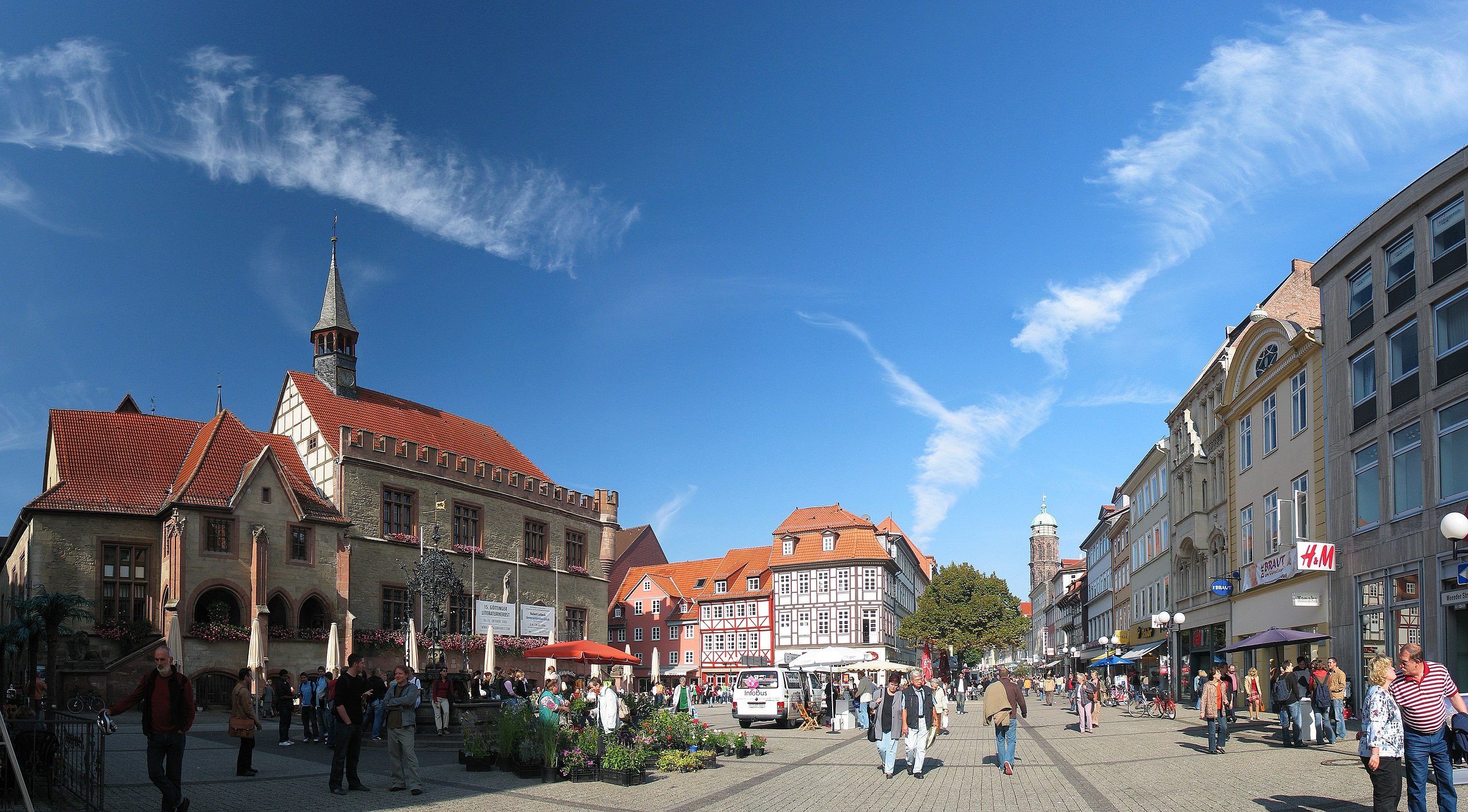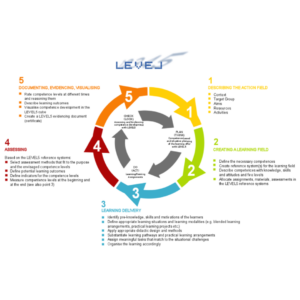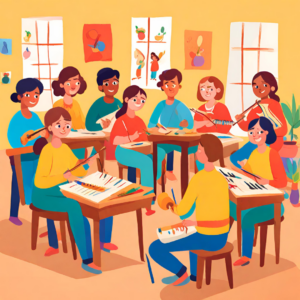Description
In the training, participants learn the basics of
intercultural communication and conflict resolution through practical exercises
and interaction games. By analysing practical case studies and practising
negotiation strategies and forms of communication, participants can increase
their sensitivity for their own and other people's points of view and expand
their available strategies for dealing with typical conflict situations. In the
process, subject-specific topics are addressed.
In an increasingly
intercultural and diverse society, social and health care institutions face new
challenges and tasks. Management and staff encounter people from a variety of
different cultures in their daily work and may encounter intercultural
(communication) challenges that go beyond language difficulties. In the care
sector, intercultural difficulties may arise with regard to unfamiliar
behaviour and values in questions of education, nutrition, hygiene and health,
with foreign communication styles, other (gender) role understandings, but also
with regard to the understanding of time. Also the care teams themselves are
also increasingly characterised by intercultural diversity. In order to
facilitate interaction and avoid misunderstandings, intercultural communication
and action skills are helpful here - they save time and energy and avoid
problem situations in advance. These competences are to be (further) developed
in the training in a practical way and with the inclusion of the participants'
experiences from their everyday professional life.
The course will take place in Göttingen in
December. During this time the famous Christmas market is open. A visit of the
Christmas market is included in the programme.
European Dimension
This course is a result
of a European project. Perspectives of different European countries are though
included in the course material. The course will be held in English. It will be
open to participants from all European countries. Exchange between the
participants will be facilitated within the course. The course offers
possibilities for networking among the participants.
Tentative Program & Schedule
Introduction (Day 1):
·
Welcome, introduction
·
Introductory exercise
·
Discussion
What is culture? What is culturally sensitive care? (Day 1):
·
Basic terms and concepts
·
We find out what
constitutes our culture / cultural identity through excercises and role plays
·
We get to know the most
important basic terms and models of culturally sensitive care
Intercultural communication (Day 2):
·
We work out possible
hurdles in intercultural communication and learn ways to overcome them (Dialogue/Film,
Pictograms, Theory input, group work)
Cultural differences in the perception of pregnancy, parenthood and childhood and family (Day 3):
·
We work out culturally
different ideas and values on pregnancy, parenthood and childhood and family
through questionnaires and case studies
Nutrition in an intercultural context (Day 4):
·
We expand our knowledge
about different diets and related cultural constructs
·
Vistit of the Göttingen Christmas
market
Case studies from everyday life in the care context
(Day 5):
·
We analyse case studies
from social and helath care.
·
We talk about our own
experiences and examples
Expected Outcome
- increased intercultural competence
-increased knowledge about different cultural
backgrounds
- increased communication skills
- new contacts and ideas
Certification
You will receive a certificate for participation and a
Level 5 competence development certificate
About Göttingen
Nestled in Germany, Göttingen captivates with its blend of academic excellence, historical charm, and vibrant culture. A hub of knowledge, the city boasts a prestigious university and a legacy tied to 44 Nobel laureates.
Göttingen's Historical Charm, dating back to its 1200 AD foundation, remains intact, untouched by WWII. This preservation invites history enthusiasts and architecture admirers to explore its captivating past. Cultural Attractions, including the famous Gänseliesel statue, enrich the cityscape with a unique blend of history and charm. Göttingen's cobbled streets narrate centuries-old tales, offering a distinctive cultural experience. University Life pulsates through Göttingen, infusing the city with youthful energy. Nearly half the inner-city population, aged 18 to 30, contributes to a dynamic and invigorating environment.
Beyond a mere visit, Göttingen promises Unique Experiences. Stroll picturesque streets, marvel at historical landmarks, and join celebrations at venues like Schloss Berlepsch.
Venue address
Am Leinekanal 4
37085 Göttingen
Germany
blinc eG
Address
blinc eG, Bertheaustraße 10, 37075 Göttingen
Website URL
https://blinc-eu.org/
Contact persons
Garrett Hubing
Silke Tollmien






